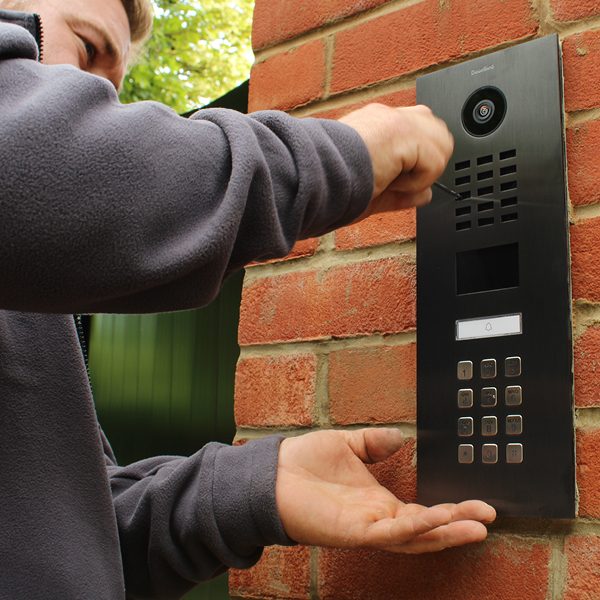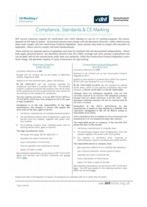UNBEATABLE BUILD QUALITY
100% Italian made
30 MONTH WARRANTY
Our hardware is covered
DEDICATED SUPPORT TEAM
We’re always here to help & offer advice
TRAINING
Support & training. Be Connected
UNBEATABLE BUILD QUALITY
100% Italian made
30 MONTH WARRANTY
Our hardware is covered
DEDICATED SUPPORT TEAM
We’re always here to help & offer advice
TRAINING
Support & training. Be Connected
Gate safety is not just about installing certain products but more about the education of gate safety legislation and understanding your requirements as a professional gate installer. As a leading manufacturer and distributor of quality gate automation products we have not taken our role within the industry lightly and are keen to help raise gate safety awareness by directing customers to professional help and advice.

Picking up a set of screwdrivers and calling yourself a security installer or professional gate engineer comes with legal responsibilities. If you are designing and installing a brand new gate system, retrofitting automation to existing gates, or maintaining an existing system, it is your responsibility for that gateway to be safe and compliant with current gate safety legislation. This can differ from civil law or criminal law responsibilities depending on the customer and ultimate owner of the gate such as a domestic homeowner or a gate within a commercial environment. However, often the easiest responsibility to understand is the moral responsibility that the machine that you are being paid to create, install or maintain, does not hurt anyone. Consider yourself a parent with a small child playing near a gate system, you must offer a risk assessment to all work undertaken on electric gates and if you identify any risks, a sufficient control measure must be put in place to eradicate the risk or reduce the risk to a negligible level. Knowing the legislation that defines your profession is so important, what are you looking for when trying to identify a risk? Who is at risk and what is the degree of possible harm? Identifying the risk, combined with the understanding of the products you install, knowing what products or solutions work as a suitable control measure for each risk is what will keep you compliant.

Purchasing electric gates for the front of your home is exciting and can add value to your home or property as well as creating the perfect first impression for your visitors. These benefits do not come cheap and electric gates are a significant investment, your installer has a legal responsibility to supply a gate system that is safe and complies with current UK legislation under the Supply of Machinery (Safety) Act 2008. We advise you to get multiple quotations and build a relationship of trust with your installer, take their advice and consider all gate safety suggestions. Whilst the installer is legally responsible for the machine that is created, you as the owner of the gate system are also responsible for the ongoing safe operation of your gate. We do not expect you to know the specifics, your washing machine must comply with similar or often the same laws but actually, the risks are very different, and electric gates must be safe for its users and the surroundings when in use. For more advice, check out some of the downloads below from the Door Hardware Federation, or call our friendly and knowledgeable team who can point you in the right direction of a recommended Beninca Installer.

The industry is supported by the Door Hardware Federation, which has the Powered Gate Group as one of its many industry groups. The Powered Gate Group has over 250+ members of gate installers, manufacturers and maintainers which collectively offer an experienced and industry-leading knowledge and education on how safe a gate should be and how to make your electric gates compliant.
dhf produces a wide range of relevant publications covering a range of subjects, all relevant to Automated Gates & Barriers. These are listed below and available for download.
For Industrial Doors, Domestic Garage Doors and Powered Gates & Barriers

Responsibilities of suppliers, manufacturers, installation & maintenance companies and owners


Following the UK leaving the EU, some rules and procedures changed as of the 1st January 2021. As a company and industry impacted by this post Brexit change, we want to pass on our knowledge and understanding around the new legislation and have compiled a list of useful questions you may be looking for the answer to.
Unit 4 Nexus Park, Plenty Close, Hambridge Rd, Newbury, Berkshire RG14 5RL
Monday – Friday: 8.30am – 5pm
Closed for UK Bank Holidays
Copyright © Beninca Automation UK. All Rights Reserved. Privacy Policy.